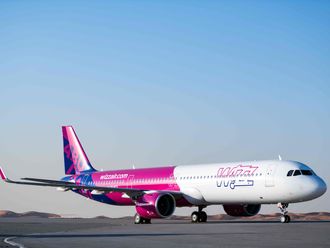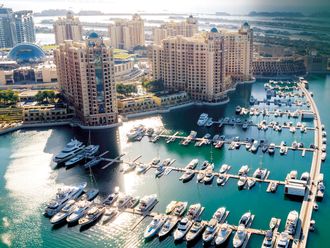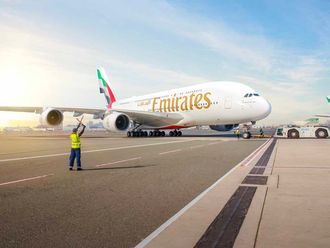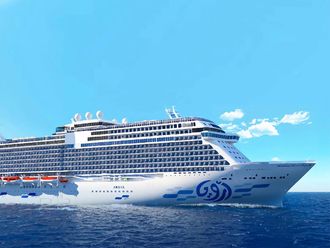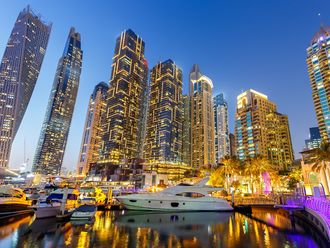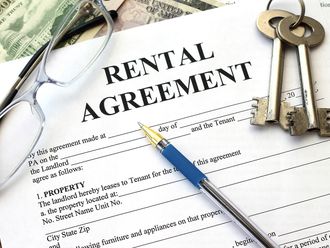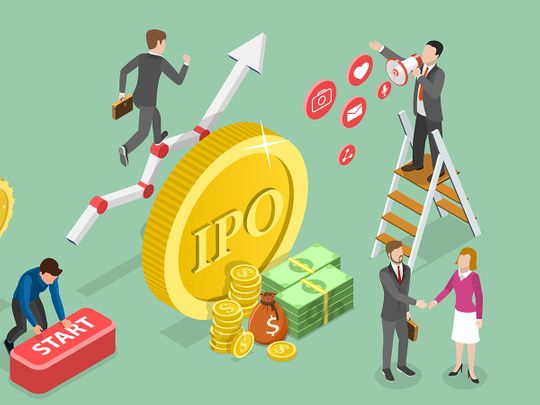
Muscat: Omani state energy firm OQ SAOC raised 288 million riyals ($748.1 million) in the initial public offering of its gas pipelines business after pricing it at the top of the range.
OQ sold about 2.1 billion shares, or a 49 per cent stake, in OQ Gas Networks SAOG at 140 baisas per share, according to a statement Thursday. The listing drew about 4 billion rials in demand, showing investor appetite for share sales in the Gulf remains strong even as war flared up between Israel and Hamas, stoking fears of a wider regional conflict.
The offering is one of Muscat’s largest. Oman Telecommunications SAOG raised $748 million in its 2005 IPO.
So far, IPOs in the Gulf appear to be bucking concerns about the resurgence of conflict in the Middle East and its implications for crude oil supplies. Regional stock markets fell sharply on Sunday in the wake of Hamas’ surprise attack on Israel but broke the losing streak on Tuesday.
On Wednesday oil driller ADES Holding, backed by Saudi Arabia’s sovereign wealth fund, jumped as much as 30 per cent - the maximum allowed - on its debut after the kingdom’s biggest IPO of the year.
That comes as some companies in other countries have been forced to pull listings because of steep losses in global markets this month on worries about persistent high interest rates. Meanwhile, German footwear maker Birkenstock Holding sunk 12.6 per cent after its $1.48 billion IPO.
OQGN is the second IPO in Oman’s privatization program aimed at boosting state coffers and expanding its bourse.
OQGN’s IPO drew in Fluxys Belgium SA, Saudi Arabia’s Public Investment Fund, and the Qatar Investment Authority as anchor investors who committed to buying a combined 30 per cent of the deal.
Retail investors will pay 126 baisas per share, representing a 10 per cent discount on the IPO price. Shares in OQGN will start trading on October 24.
Bank Muscat SAOG, Bank of America, and EFG Hermes were joint global coordinators on the deal.


